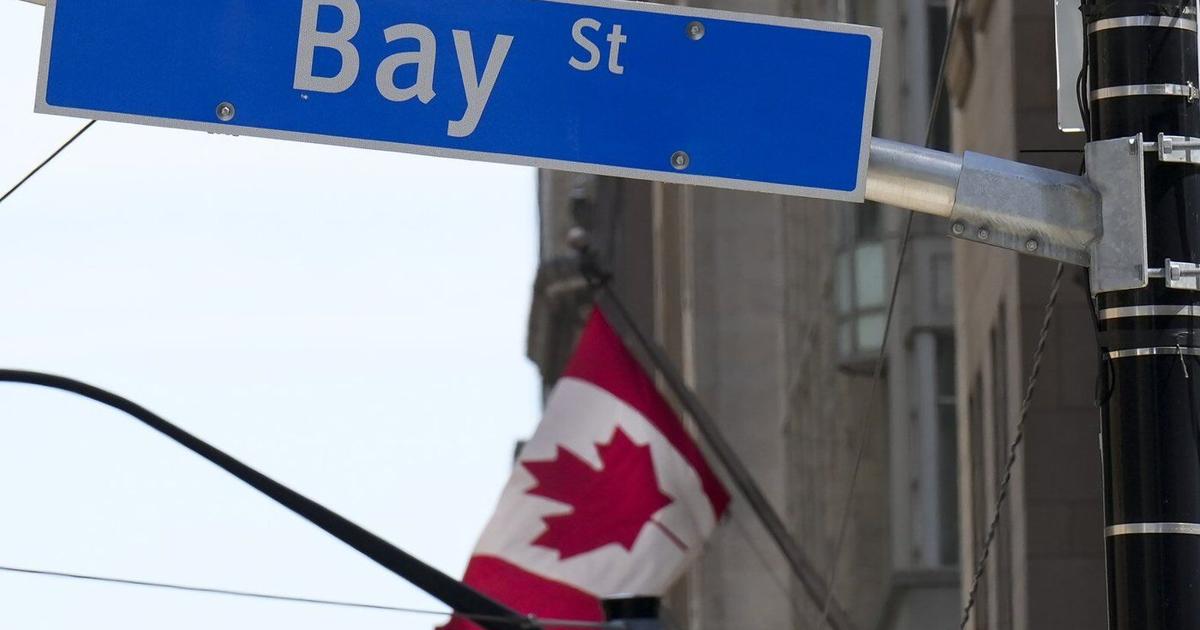OTTAWA—In their first phone call in nearly two months — a conversation initiated by Mark Carney — Canada’s prime minister and U.S. President Donald Trump had a “productive and wide-ranging” discussion amid a stagnating trade dispute that continues to show no sign of ending.
A government source, speaking to the Star on the condition they not be named, characterized the call as “lengthy and substantive.”
An official readout of the conversation from the Prime Minister’s Office notes the pair discussed “current trade challenges, opportunities, and shared priorities in a new economic and security relationship between Canada and the U.S.”
The leaders also spoke about Trump’s “leadership to support long-term peace and security for Ukraine and Europe” and “agreed to reconvene shortly.”
Thursday’s call marks the first time Carney and Trump have spoken since June 23. A month later, on the cusp of an Aug. 1 deadline to strike a new economic and security deal, the U.S. president said Carney had “called” him during the eleventh hour negotiations, but said the two ultimately did not speak.
After hopes to reach an agreement fizzled, Trump hiked tariffs on Canadian goods that don’t comply with the Canada-U.S.-Mexico Agreement (CUSMA) from 25 per cent to 35 per cent, and left separate tariffs on sectors including steel, aluminum and autos untouched.
Carney has been peppered with attacks from Conservative Leader Pierre Poilievre about his handling of the trade crisis, with Poilievre, fresh off a Monday byelection win, slamming the prime minister on Wednesday for his campaign assurances that he was the leader best positioned to wrangle a win out of Trump.
“Mr. Carney, in spite of his great promises of being able to manage Trump, is losing tariff wars with China, with the U.S. and has made no progress in opening other markets abroad,” Poilievre said at a news conference in Surrey, B.C.
Yet Carney received support from another staunch conservative on Thursday, with Saskatchewan Premier Scott Moe urging a collaborative approach as Canada fends off trade pressures from not only the U.S., but also China’s latest targeting of Canadian canola.
“We do need to work together. And this would be new, for this media gallery to have me standing in front of them saying that I am hoping for every success for a Liberal prime minister in this conversation,” Moe told reporters in Saskatoon.
The Saskatchewan premier had just convened a meeting with his own front bench, federal Agriculture Minister Heath MacDonald and his parliamentary secretary Kody Blois, and a range of industry groups and exporters.
Last week, China slapped a preliminary duty of 75.8 per cent on Canadian canola seed, after Beijing initiated an anti-dumping investigation into Canadian canola last year following the federal government’s decision to impose 100 per cent tariffs on imports of Chinese electric vehicles.
Earlier this year, China imposed a 100-per-cent tariff on Canadian canola oil and canola meal. The Canola Council of Canada, which attended Thursday’s meeting, says the combination of those actions means the Chinese market is now “effectively closed” to the Canadian canola industry.
Moe said Canada’s primary goal is to “protect the market share and the market access that we have into those significant markets, namely the United States of America, of which we are experiencing much uncertainty on a number of fronts, including agriculture products, as well as China, where we have seen first retaliatory tariffs on oil and meal … and more recently, the allegations of anti-dumping.”
Moe, who is preparing to visit China in the coming weeks, said it is up to Carney and Chinese President Xi Jinping to resolve the dispute.
Blois, speaking alongside the Saskatchewan premier, said Canada’s Foreign Affairs Minister Anita Anand is also focusing on identifying other markets for Canadian canola.
“We’re cognizant of the importance of the market, and at the same time, I think recognizing that we are in a different world,” Blois said.
Anand spent Thursday in Washington with U.S. Secretary of State Marco Rubio, though the minister’s office said the duo did not discuss Canada-U.S. trade because those matters fall under the purview of her cabinet colleague Dominic LeBlanc.
A readout from Rubio’s office said he and his Canadian counterpart discussed Haiti’s security, the humanitarian crisis in Gaza, the Russia-Ukraine war, and “mechanisms to strengthen our hemisphere’s response to China’s coercive activity.”
Error! Sorry, there was an error processing your request.
There was a problem with the recaptcha. Please try again.
You may unsubscribe at any time. By signing up, you agree to our terms of use and privacy policy. This site is protected by reCAPTCHA and the Google privacy policy and terms of service apply.
Want more of the latest from us? Sign up for more at our newsletter page.



